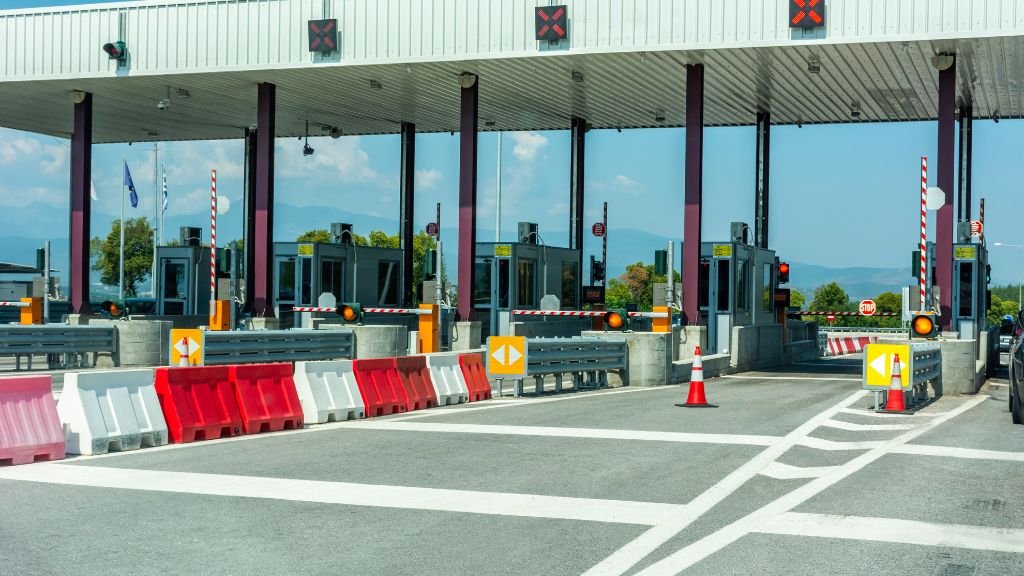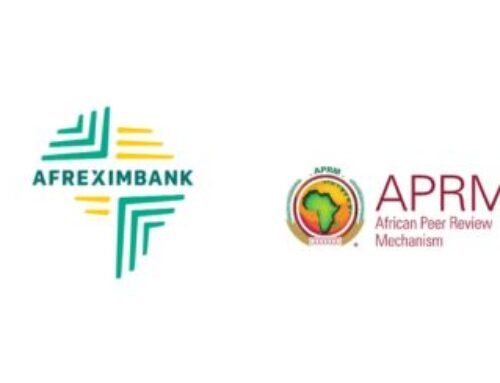
The global trend towards increased private involvement in infrastructure development, particularly in developing countries, highlights the growing significance of toll road projects. Initially evident in the power sector, privatisation efforts now extend to various infrastructure domains, including toll road projects, where public-private partnerships are pivotal.
Toll road projects, operated under concession agreements with relevant government bodies, present unique rating considerations. Rating agencies evaluate factors such as route significance within the broader road network, population served, route length, and connectivity.
Revenue risk, inherent in operational phases, hinges on traffic volume and toll rates. For new or under-construction roads, analysis of origin-destination traffic and potential user behaviour informs revenue projections. Conversely, historical traffic patterns indicate stability, which is crucial during economic downturns.
Traffic density underscores demand and essentiality but may pose challenges if congestion limits growth. Financial risk assessment centres on the projected debt service coverage ratio (DSCR), gauging debt repayment viability amidst traffic variations. Credit enhancement, including toll revenue securitization and guarantees, further mitigates financial risk.
Understanding these rating considerations is pivotal for investors and stakeholders navigating toll road projects, ensuring informed decision-making and risk management.








Leave A Comment